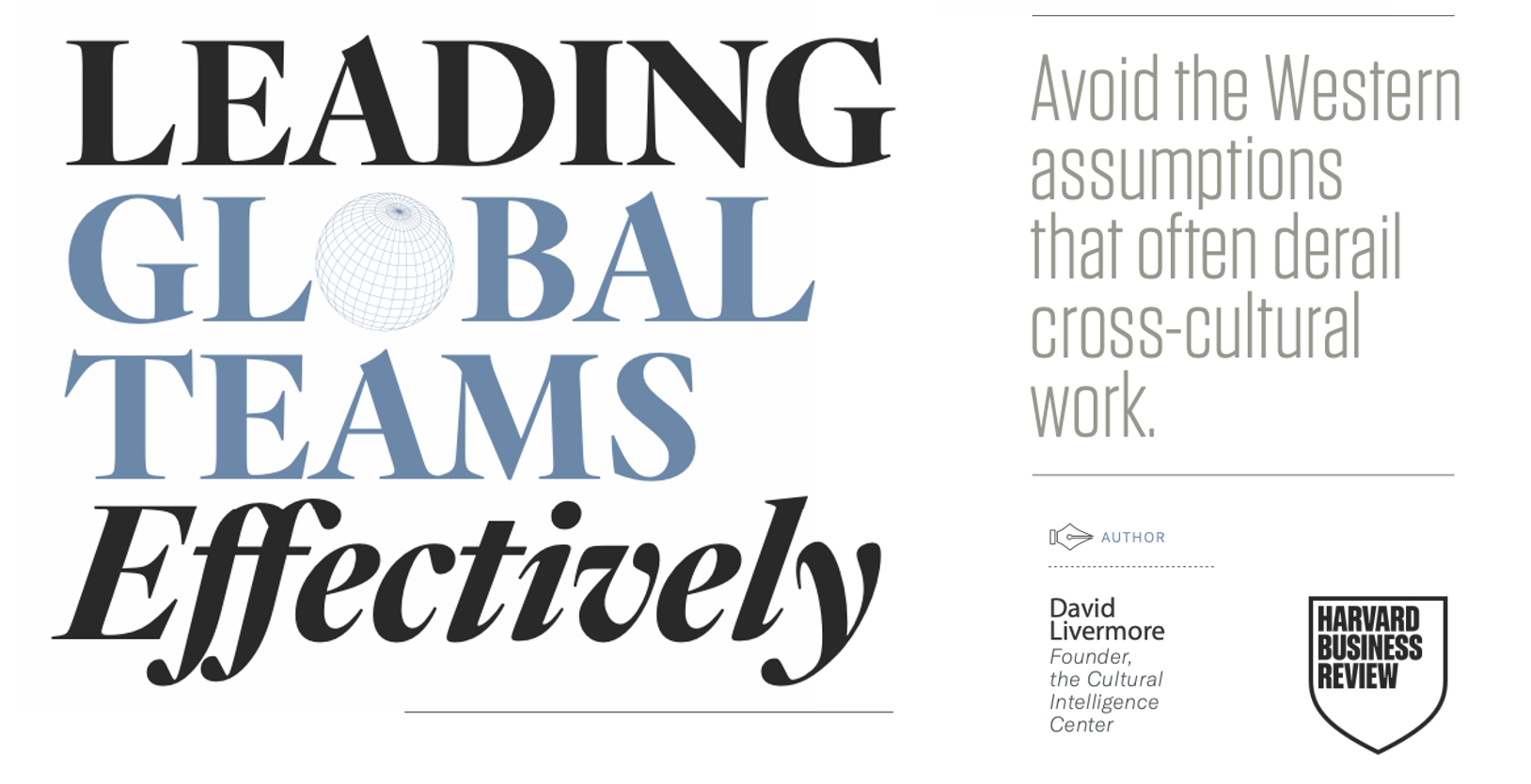
I often wince when I hear managers from outside the U.S. who are committed to the values of cultural intelligence frequently make reference to the “black man”, the “gal” at the office, or the “marketing guys”. (Of course I hear this plenty from U.S. managers too but that’s another story for right now).
I prefer more inclusive language like an “African American man,” (assuming it’s someone in the U.S.) a “woman” at the office, and the “marketing personnel”.
But these same managers who may use what I consider to be less than ideal words to promote the values of cultural sensitivity and effectiveness are usually as passionate about inclusion, diversity, and cultural sensitivity as I am. In fact, I was recently with a group of global managers who laughed at my constant care to say things like “people of color” and “men and women”. One of them said, “Sometimes you Americans are so caught up with your political correctness that it impedes having a real conversation about the issues of inclusion and diversity. And by the way Dave—are you not also a person of color in some way yourself?!”
As a white, privileged male, I’m not going to abandon what I think is more respectful, inclusive language. And I don’t think we have to have one without the other—more inclusive, respectful language OR honest conversation about inclusion and diversity. But their point is well taken. Sometimes our en vogue terms for how we refer to one another have us walking on egg shells to avoid offending anyone and may keep us from having honest, frank interactions about the ways we’re struggling to figure this all out in our own relationships and work teams.
I’m struck by the abundance of diversity training we’ve had in most North American organizations over the last decade. Yet I wonder how much has really changed in workplace behavior as a whole in terms of multicultural interactions. Most research indicates that prejudiced, conflict-laden perspectives continue to hover over most culturally diverse teams. Using respectful, inclusive language is a start. But might our politically correct terms sometimes mask the ongoing biases and frustrations that lurk beneath our polite labels?
Managers who want to truly promote an inclusive work environment need to find constructive, appropriate ways to honestly discuss the implicit biases that exist—including their own. Rather than pretending we’re color blind, let’s face our implicit biases. We all have them. Not convinced? Check out these fascinating, implicit association tests researched from Harvard. You’ll be hard pressed to demonstrate that you’re bias-free. While bias and prejudice is inevitable, acting upon them isn’t. The first step is honest acknowledgement of the cultural groups that most significantly challenge us and then consciously choosing to stop from acting upon those biases.
Academic research has continually validated the bottom line benefits for companies that promote inclusion and diversity. I’m not ready to toss aside a new and improved vocabulary as a part of being a culturally intelligent organization that promotes these values. But more significant work needed is beneath the surface so that our language reflects the ways we think and behave as well.
I’m off to meet a follicly challenged friend to discuss undocumented workers living in a nearby under-resourced neighborhood…



